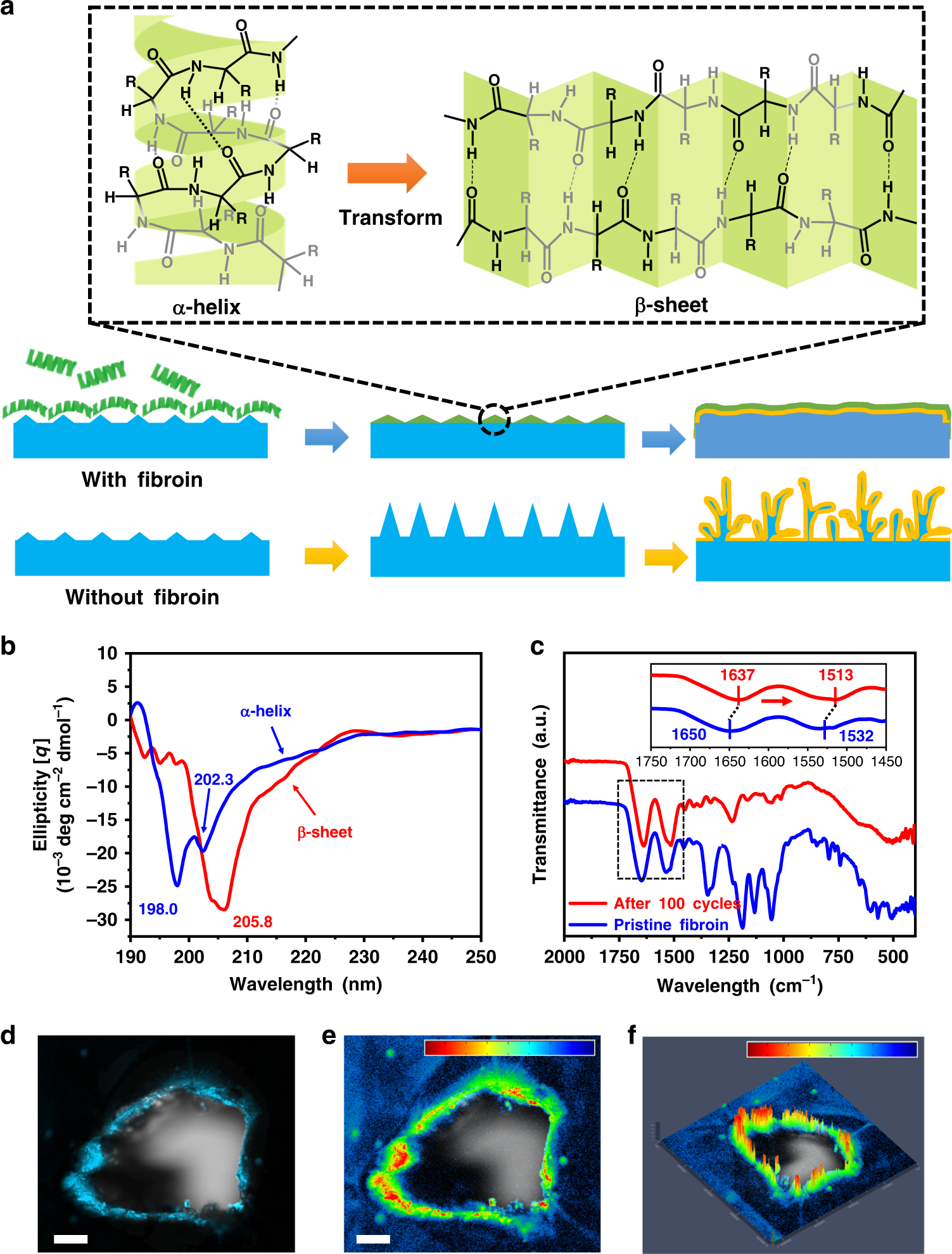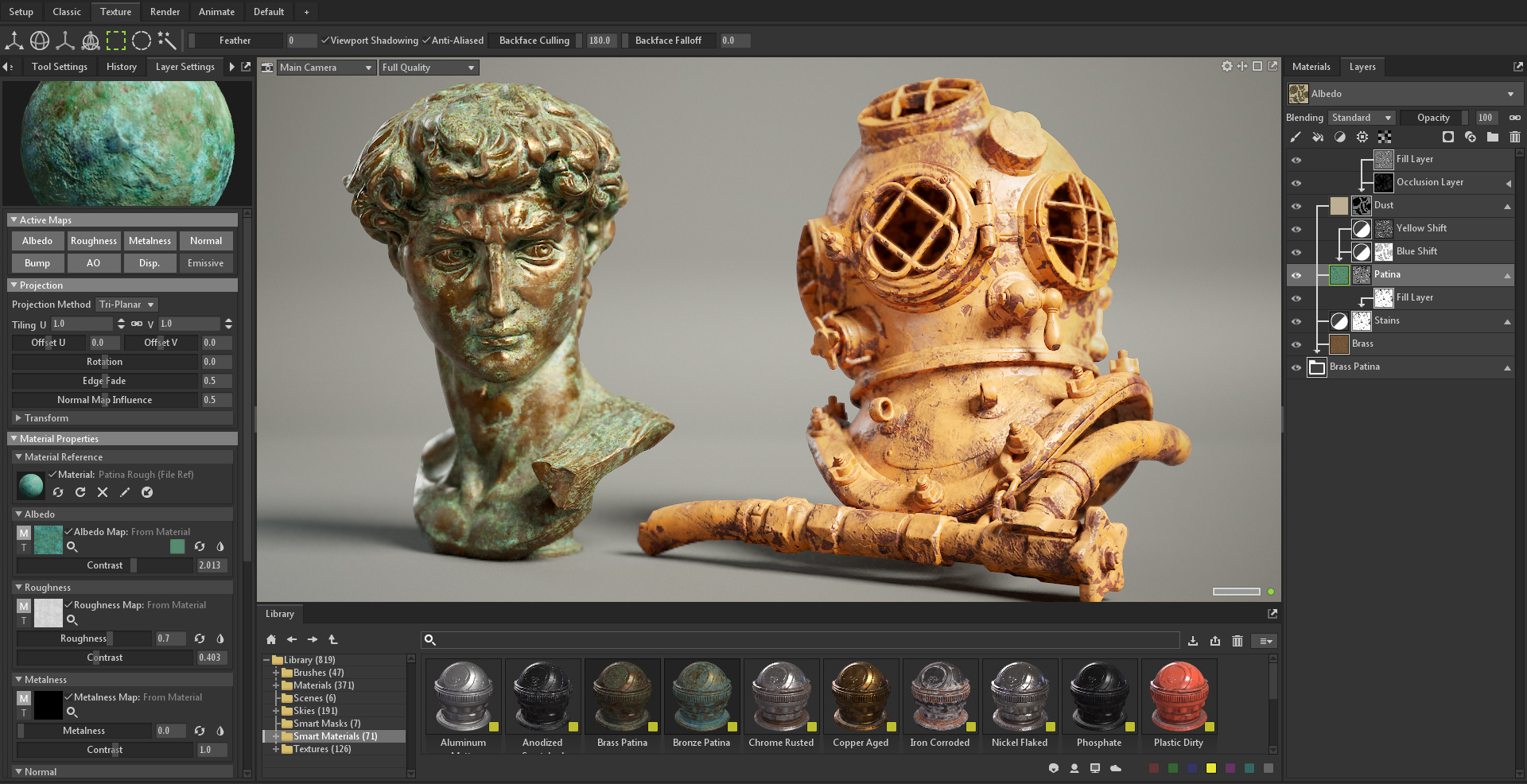

The Pirate Bay has 25 million users and is considered one of the biggest file-sharing websites in the world.

He added, "They have been helpful to such an extent that they have entered into the field of criminal liability." "We are of course going to appeal," defense lawyer Per Samuelsson said. "The defendants have furthered the crimes that the file sharers have committed," said district court judge Tomas Norstöm. The Swedish district court imposed damages of SEK 30 million ($3,600,000) and one-year prison sentences on the four defendants. copyright law, this would be a so-called Grokster theory of infringement liability. Apparently the theory of the prosecution was that the defendants, by their conduct, actively induced infringement. The Pirate Bay does not store copies of the files on its own servers, but did provide peer-to-peer links to other servers on which infringing copies were stored.
#DOWNLOAD DIGITAL WORKS 3.04 FREE DOWNLOAD#
The Pirate Bay was established in 2003 by the Swedish anti-copyright organization Piratbyrån to provide information needed to download film or music files from third parties, many of whom copied the files without permission. On April 17, 2009, a Swedish court convicted four men operating The Pirate Bay Internet site of criminal copyright infringement.

The judgement of the court states that: "Article 5 of Directive 2001/29/EC of the European Parliament and of the Council of on the harmonisation of certain aspects of copyright and related rights in the information society must be interpreted as meaning that the copies on the user’s computer screen and the copies in the internet ‘cache’ of that computer's hard disk, made by an end-user in the course of viewing a website, satisfy the conditions that those copies must be temporary, that they must be transient or incidental in nature and that they must constitute an integral and essential part of a technological process, as well as the conditions laid down in Article 5(5) of that directive, and that they may therefore be made without the authorisation of the copyright holders." The ruling relates to the British Meltwater case settled on 5 June 2014. In Europe, the Court of Justice of the European Union (CJEU) has ruled that it is legal to create temporary or cached copies of works (copyrighted or otherwise) online. centralized networks) is often quickly and uncontroversially rebuffed, legal issues have in recent years tended to deal with the usage of dynamic web technologies (decentralized networks, trackerless BitTorrents) to circumvent the ability of copyright owners to directly engage particular distributors and consumers. As overt static hosting to unauthorized copies of works (i.e. ĭownloading and streaming relates to the more general usage of the Internet to facilitate copyright infringement also known as "software piracy". The leading YouTube audio-ripping site agreed to shut down after being sued by a huge coalition of recording labels.

Taking legal action against the technologies behind unauthorized "file sharing" has proven successful for centralized networks (such as Napster), and untenable for decentralized networks like ( Gnutella, BitTorrent). Anonymous and open hosting servers make it difficult to hold hosts accountable. Open hosting servers allows people to upload files to a central server, which incurs bandwidth and hard disk space costs due to files generated with each download. Streaming and downloading can involve making copies of works that infringe on copyrights or other rights, and organizations running such websites may become vicariously liable for copyright infringement by causing others to do so. Websites that offer streaming media or media displayed in-browser, such as YouTube, increasingly place restrictions on the ability of users to save these materials to their computers after they have been received.ĭownloading is not the same as data transfer moving or copying data between two storage devices would be data transfer, but receiving data from the Internet or BBS is downloading.ĭownloading media files involves the use of linking and framing Internet material, and relates to copyright law. ISP = internet service provider.ĭownloading generally transfers entire files for local storage and later use, as contrasted with streaming, where the data is used nearly immediately, while the transmission is still in progress, and which may not be stored long-term. Download data is sent downstream to an end-user, upstream from the provider.


 0 kommentar(er)
0 kommentar(er)
